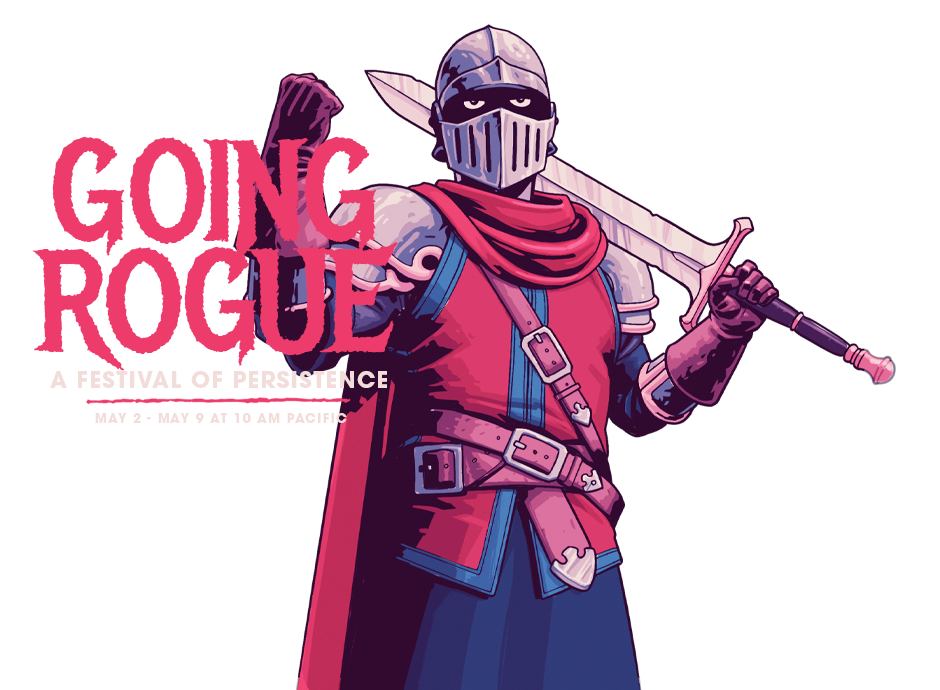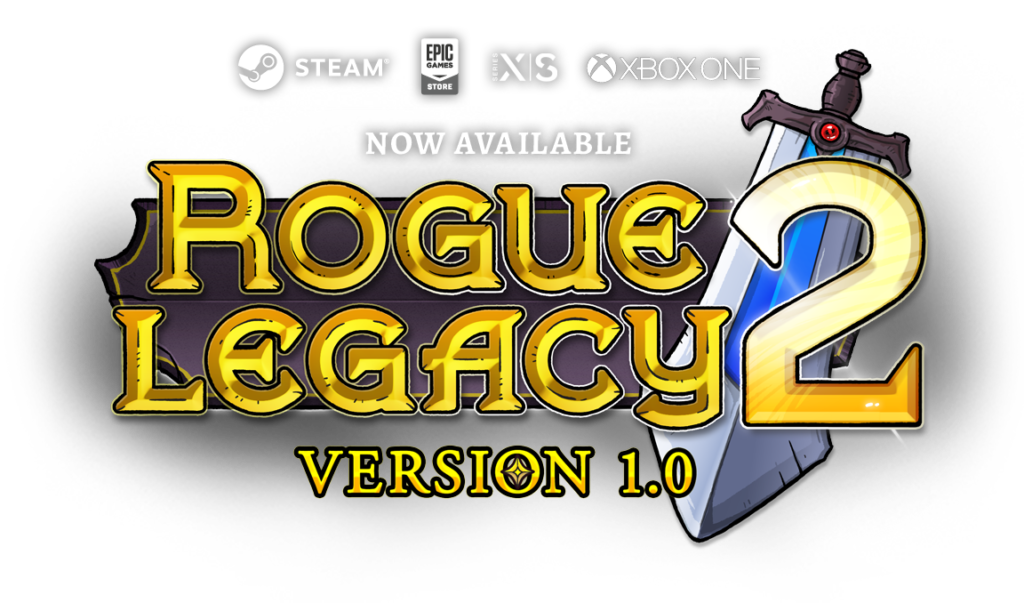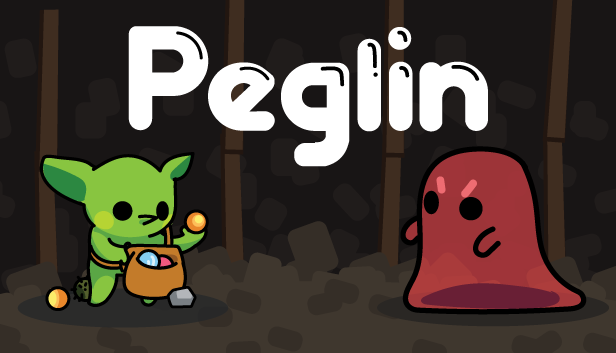Producer Koji “IGA” Igarashi and director Shutaro Iida posted a video last night (7 1/2 minutes) to their Youtube channel looking back on the game’s creation, starting from its Kickstarter announcement and their many stretch goals, and the game’s planning and development.
Tag: bloodstained
The Steam Going Rogue Sale

Steam is having a sale for a few days on roguelike and roguelite games, as well as “Souls-like” and “metroidvanias.” They published a page defining each of the terms, which I don’t entirely agree with, and by featuring all of them in a sale called Going Rogue they seem to be purposely conflating these terms, which annoys me a little, although there are plenty more concerning things going on in the world right now. (Especially metroidvania, which really has almost nothing to do with roguelikes.)
I give some better definitions down below, but in the meantime let’s have a look at some interesting items in their sale:

Rogue Legacy 2 (20% off at $19.99): The first Rogue Legacy was a surprisingly long time ago! It was an important exploratory action-adventure game with randomly generated areas. Player death was an intended part of the game: after a character dies, for the next game the player picks one of that character’s offspring, which has different, randomly-generated characteristics. They could also use money found on the last run to upgrade a town, to provide new characters services before they entered the dungeon. Rogue Legacy 2 looks like it continues the tradition.
Slay the Spire (60% off at $9.99): If you’re tired of buzzwords then you might be wary of a game that says it’s both a roguelike and a deck builder, but I think they’re two concepts that fit together pretty solidly-which recent years have proved well enough. This may have been the first of the type. It came out in January 2019 but is still rated Overwhelmingly Positive on Steam, and that’s worth something.

Peglin (10% off at $17.99): It’s one of the newest games in the sale, a combination of roguelite play and Peggle-like pachinko. In the future, all games will be defined by their likes, so we might as well get started now I suppose. The essence of roguelike games, I believe is in adapting to uncertainty, and a mode of pachinko certainly fits that bill.
Currently there’s also Dead Cells (40% off at $14.99), Noita (50% off at $9.99), Enter the Gungeon (60% off at $5.99), and Streets of Rogue (60% off at $7.99). There’s some interesting games in the metroidvania and Souls-like corners too, especially Bloodstained: Ritual of the Night (60% off at $15.99).
So, about those definitions
Roguelikes got their name during the formation of the Usenet group rec.games.roguelike, for being like the classic terminal-based RPG Rogue. At that time it was obvious what the term meant: turn-based tactical combat roleplaying games with random dungeons and randomized items, usually with ASCII graphics by necessity since they were played in a terminal. In the time since then the importance of ASCII graphics has diminished a lot, but the other aspects are pretty good identifying characteristics. Since roguelikes of this form are still popular in some circles, it feels right to let them have it. Although I should note that one of the people who made Rogue has said that they consider a “roguelike” to be a game that can surprise its creator. (I could well be misremembering this, granted.) Since the Steam page mentions it, I figure I should at least link to the Berlin Interpretation’s definition of what it means to be a roguelike.
Roguelites may have gotten their name from me, back in the days @Play was on GameSetWatch. It’s been like 15 years, I don’t remember that well. I used the term to describe games like Spelunky and Binding of Isaac, which wrapped action gameplay around a roguelike core. Another good term for these is action roguelike. The page on Steam states that the ability to bring elements across games is a factor that could make something roguelite, but there are roguelike games with that aspect: NetHack‘s bones levels, for instance, and Shiren the Wanderer‘s between-play progressions.
Souls-like games take after Dark Souls, which has some superficial gameplay similarities with roguelikes (especially the difficulty and emphasis on playing smart) but really shouldn’t be lumped in with them carelessly.
Metroidvanias are exploratory platformers set in a large world. There’s usually some kind of item-based movement advancement that gates access to later areas. The term was probably coined by Jeremy Parish. They get their names from the 2D Metroid games and the exploratory versions of the 2D Castlevania games-which don’t include the original Castlevania, despite what Valve’s page says.
